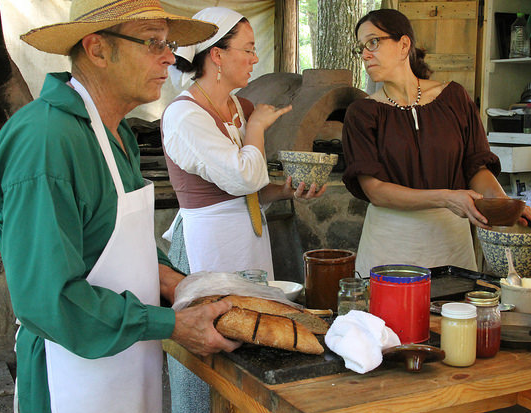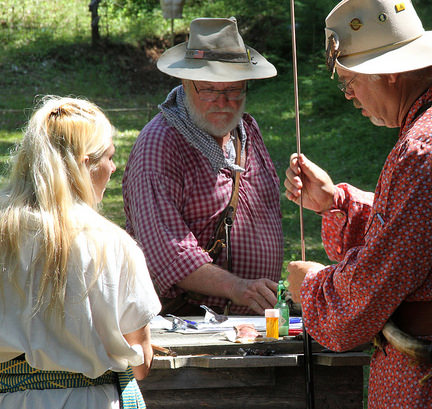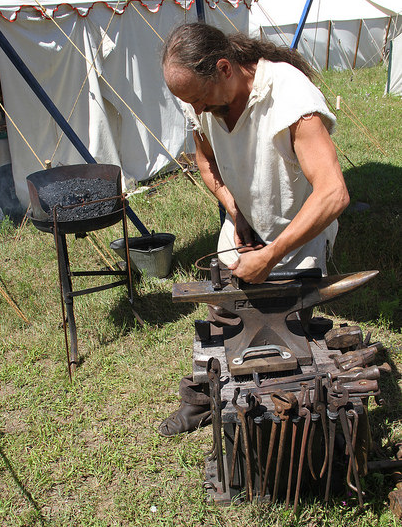It seems we point to the findings of science selectively. Most folks I know profess amazement that some ignore the overwhelming scientific evidence on climate change or evolution. They are concerned when the “scientific perspective” is not the basis for what students experience if these topics are considered.
Why then is the assumption that our best evidence should not guide practice applied when selecting learning activities? You will have to trust me on this (unless someone really wants to review my reference list), but direct instruction consistently results in better academic performance than project based learning, problem based learning, discovery learning, etc. How do PBL advocates rationalize this reality? I seriously want to know because I find the PBL philosophy appealing as well. I just personally struggle with ignoring what research findings suggest.
I try arguing with myself seeking answers. I know many of the proposals. Direct instruction works when the dependent variable is simple, factual knowledge. Direct instruction turns learners off because it is boring. Direct instruction results in learning that fails when it comes to application or flexibility. However, whatever the counter argument, the position is only an hypothesis unless tested. Show me the data (or the money if you prefer). I am waiting to be convinced.
I am aware of what I consider successful PBL research. Success is possible. Here is what I think until shown otherwise. I am guessing that successful PBL takes far more skill to implement with classroom groups than direct instruction. Most PBL attempts probably do not meet an acceptable standard. I know this sounds harsh, but what is the goal here? In general, I think many students are simply lost or overwhelmed when self directed. I do not think a substantial proportion of students are any more motivated by many PBL tasks. The outcome data simply do not support the argument that common implementations of PBL are as productive as more traditional methods.
So, at this point in my career, I do no longer have the opportunity to conduct research studies. I do have great interest in this topic and continue to search the journals for interesting studies. Learning experiences should not be promoted by talk or novelty.
![]()




You must be logged in to post a comment.